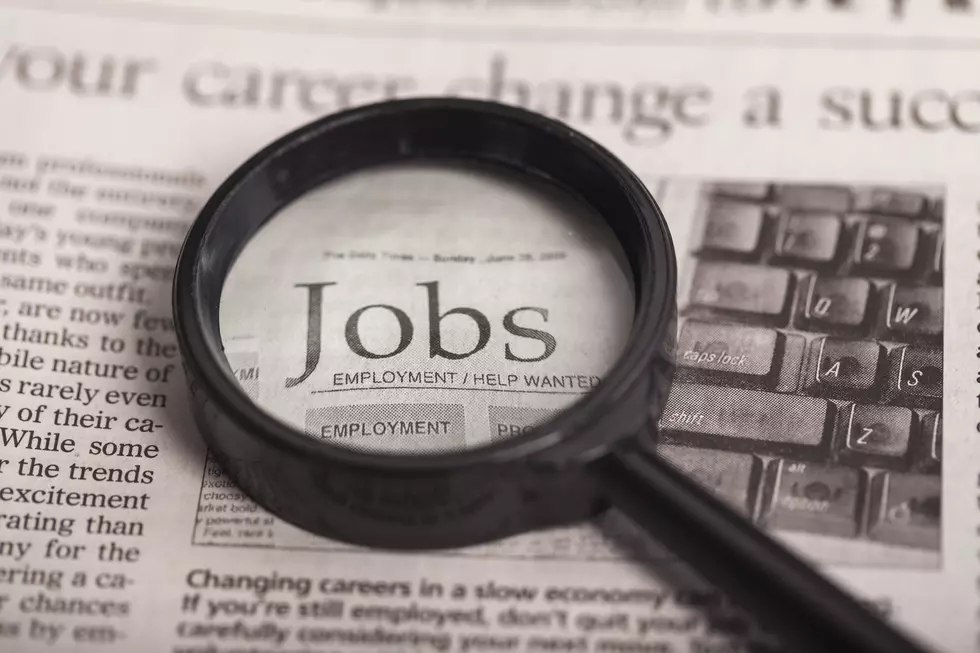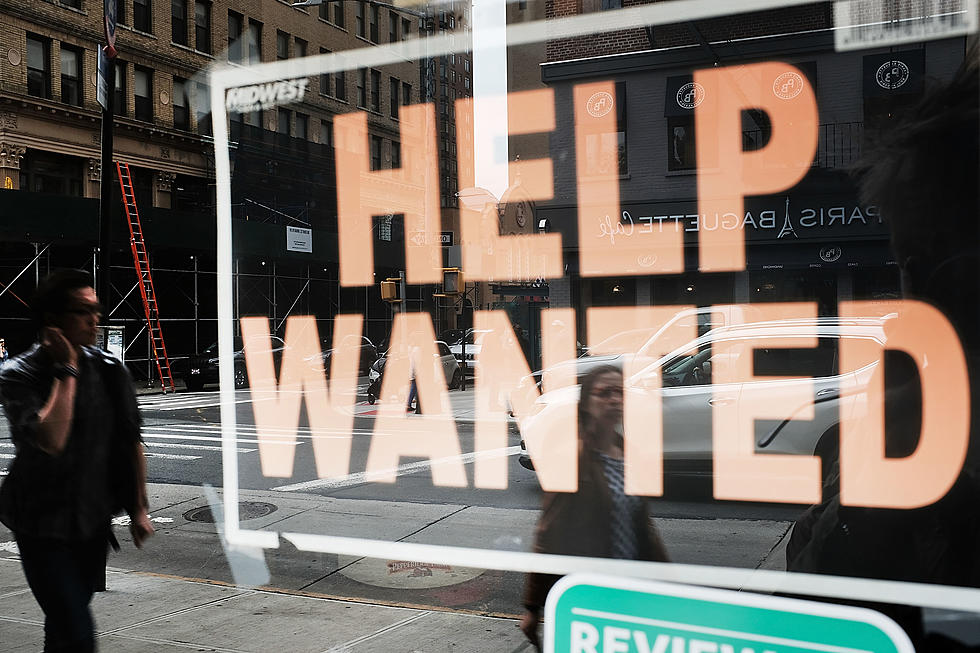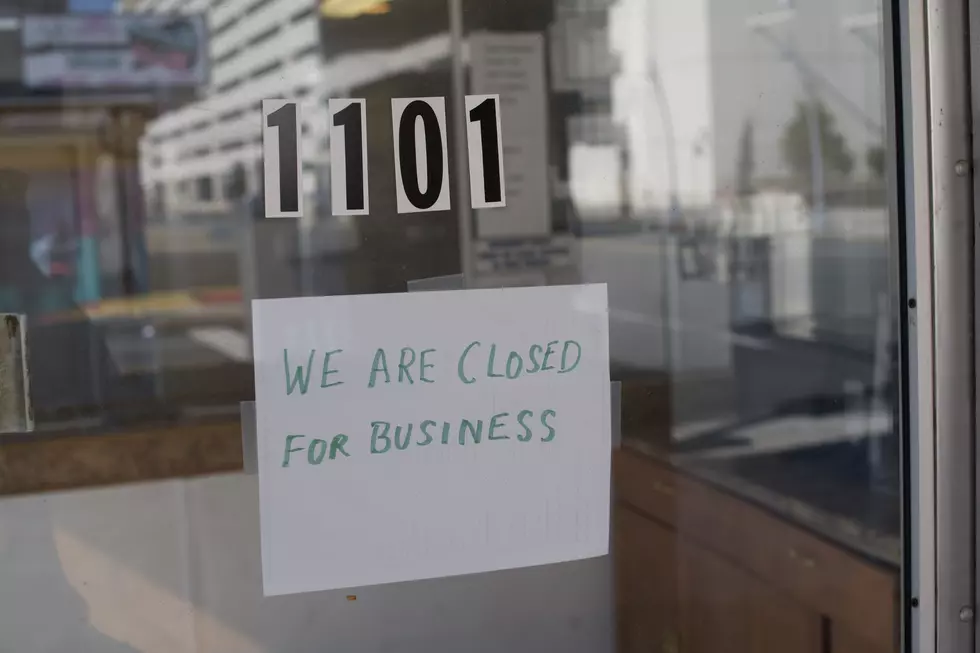
Murphy to consider making 315,000 more NJ workers eligible for overtime
The Murphy administration will review a suggestion to make an additional 315,000 salaried workers newly eligible for overtime by 2024 by adopting its own overtime threshold.
The new campaign calls for New Jersey to set an overtime threshold at 2.5 times the minimum wage, which would be $52,000 at the current rate but $78,600 by 2024. The federal threshold will increase to around $35,600 in January.
The share of salaried workers in New Jersey guaranteed overtime under federal law, which is currently a threshold of $23,600, has eroded from 63% in 1975 to 7% in 2016, said Nicole Rodriguez, research director for New Jersey Policy Perspective.
“Hundreds of thousands of modestly paid New Jerseyans are not covered by overtime and are at risk of being exploited by their employer,” Rodriguez said.
“Without the right to overtime pay, far too many workers are sacrificing not only their economic security but also their really important, scarce personal time,” she said.
At 2.5 times the minimum wage, about 38% of the salaried workforce would be covered – “a real meaningful jump,” Rodriguez said. In addition to those gaining overtime protections for the first time, another 528,000 would be less likely to be misclassified and made ineligible for overtime.
The rule can be proposed and adopted by the Murphy administration without involvement by the Legislature. The Department of Labor and Workforce Development said it is studying the idea, which business groups warn would lead to higher costs and job losses.
“Michigan recently announced a new overtime rule, Massachusetts, New York, California. Peer states that are similarly high cost are raising their overtime threshold in response to the Trump administration, and we’re urging New Jersey to act as well,” said Sara Cullinane, director of Make the Road New Jersey.
In 2016, President Barack Obama’s administration attempted to raise the overtime threshold to almost $47,500 and tie future increases to inflation, but states and business groups got it blocked in court. The Trump administration then proposed a smaller increase of the threshold.
More From WPG Talk Radio 95.5 FM










